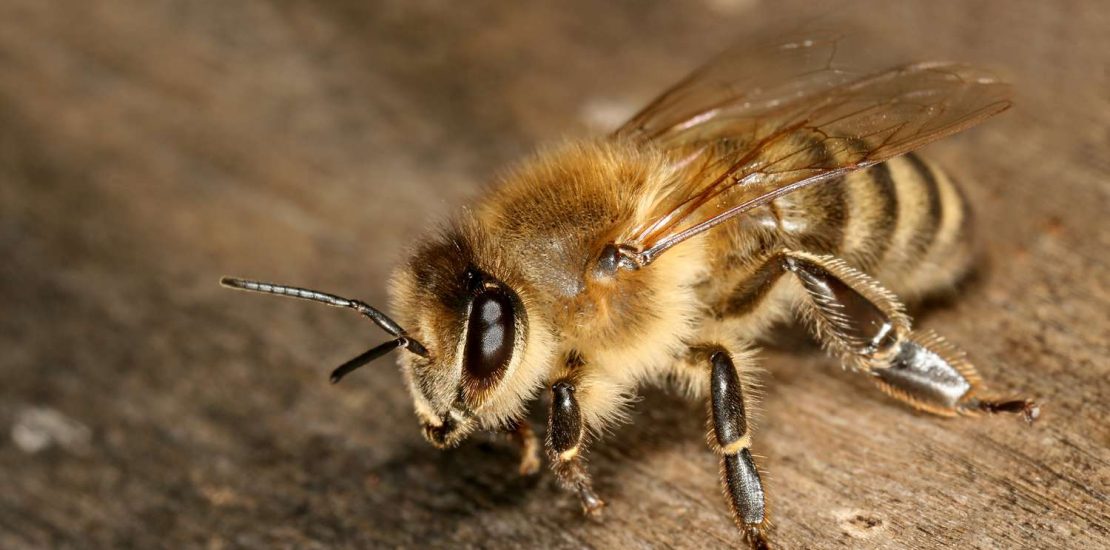- October 7, 2025
- Posted by: steven muwanguzi
- Category: News

Genetic engineering of wild species is a powerful yet controversial area of biotechnology that involves directly modifying the DNA of organisms in natural ecosystems such as wild plants, animals, and microbes. While it has produced some beneficial outcomes—such as controlling disease vectors and managing invasive species—it also raises serious risks. These include uncontrolled spreading, disruption of ecosystems, biodiversity loss, and unintended gene flow to non-target species.
For Uganda’s beekeeping sector, the stakes are especially high. Beekeeping is already under pressure from pathogens, invasive species, agrochemicals, pollution, loss of forage resources, and climate change. Introducing genetically engineered wild species could further destabilize ecosystems, threaten bee health, and compromise the purity of hive products such as honey, pollen, propolis, and wax—products highly demanded for food, medicine, and cosmetics precisely because of their natural quality.
TUNADO emphasizes that decisions in this area must uphold the following principles:
Precautionary principle – proceed with extreme caution in open ecosystems, in line with the Cartagena Protocoli .
Robust ecological risk assessments before any release of genetically modified wild species. Meaningful stakeholder engagement, especially with indigenous peoples and local communities.
International coordination, since wild species cross national borders while regulations often do not.
Based on these concerns, TUNADO strongly supports Motion 133: Moratorium on genetically engineering wild species in natural ecosystems, and calls on all its members and partners to do the same.
This position aligns with previous IUCN resolutions—including the moratorium on GMOs (Bangkok 2004), the establishment of the Ethics Mechanism (Jeju 2012), and the development of IUCN policy on synthetic biology (Hawai‘i 2016, Marseille 2020). Synthetic biology, particularly engineered gene drives and novel genetic elements, presents profound ethical, ecological, and biosafety challenges that require international deliberation.
Introducing genetically engineered wild species could further destabilize ecosystems, threaten bee health, and compromise the purity of hive products such as honey, pollen, propolis, and wax—products highly demanded for food, medicine, and cosmetics precisely because of their natural quality.
TUNADO is deeply concerned that genetic engineering of wild species could undermine traditional and effective nature conservation practices, many rooted in indigenous knowledge. It could also produce irreversible impacts across time and borders, threatening biodiversity and ecosystems beyond repair.
For these reasons, TUNADO reaffirms the intrinsic value of biological diversity, the importance of applying the Precautionary Principle, and the urgent need to pause and critically assess the implications of synthetic biology before any release of genetically engineered wild species.
